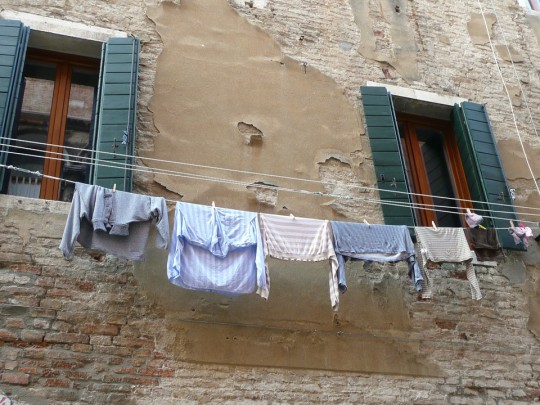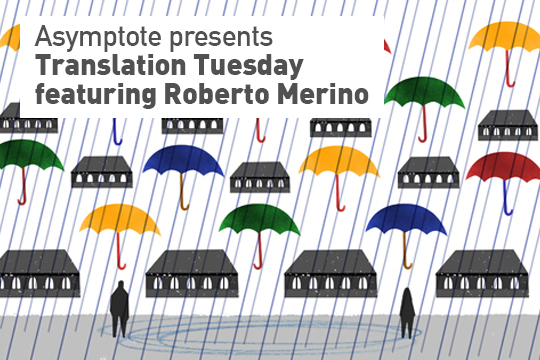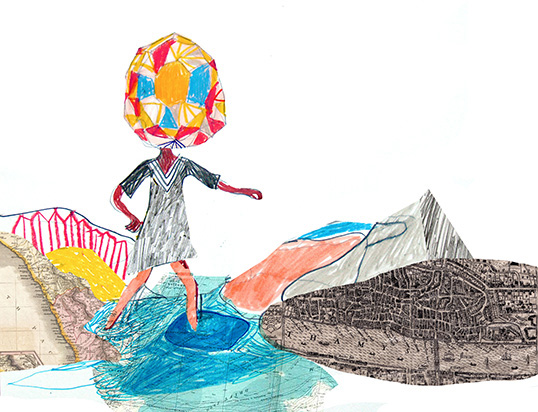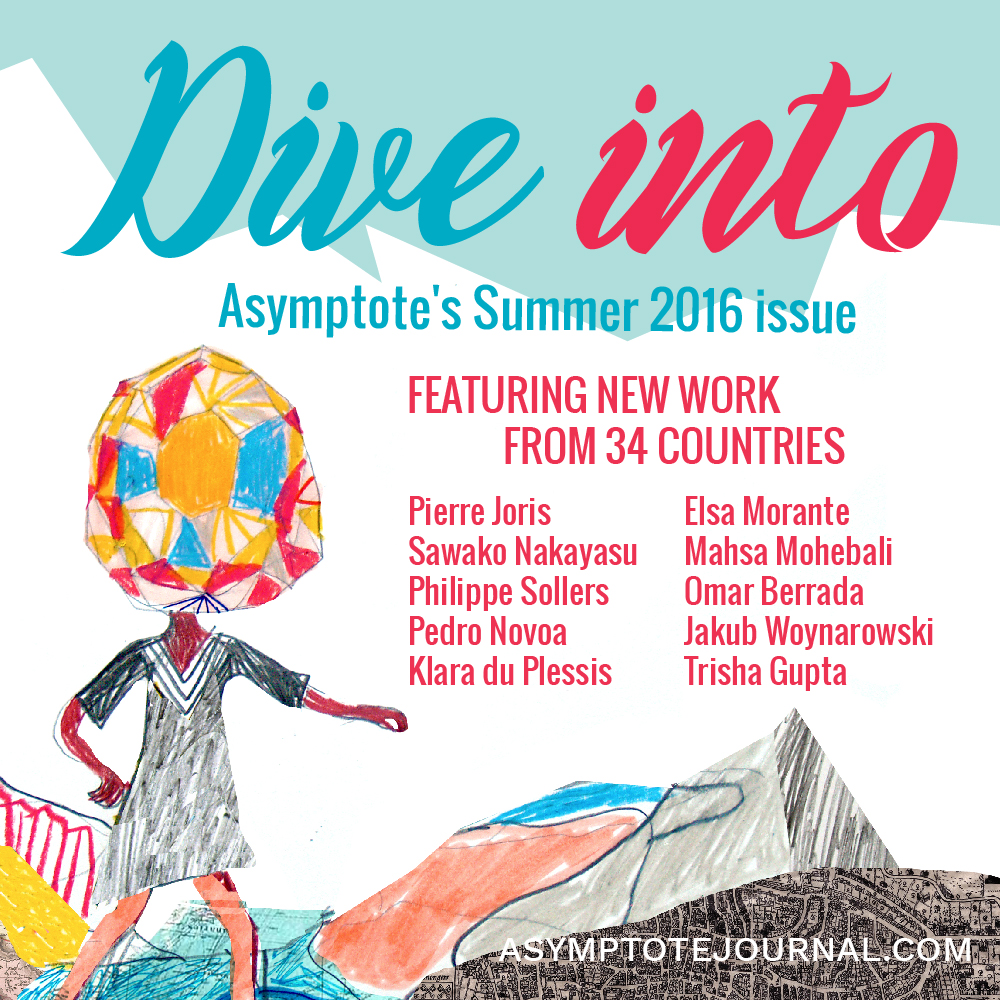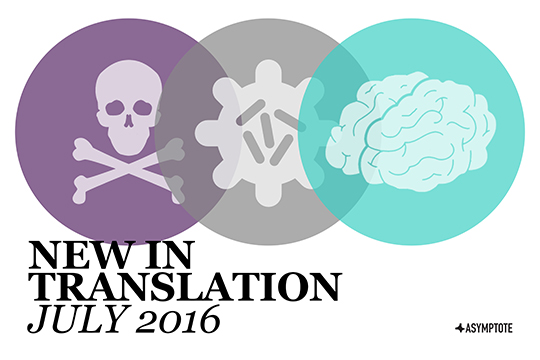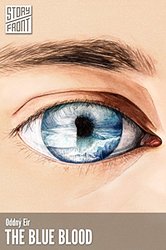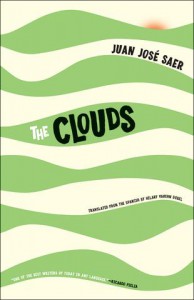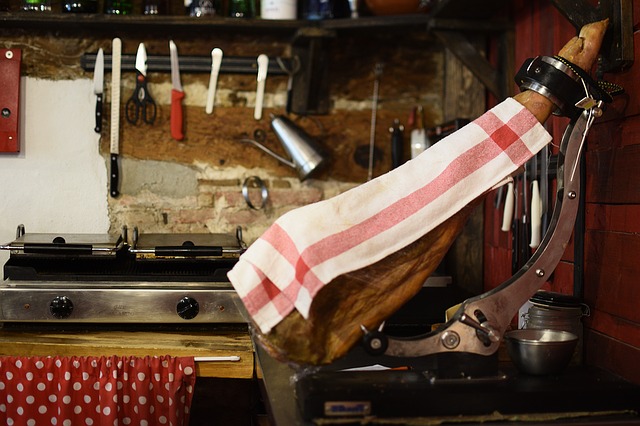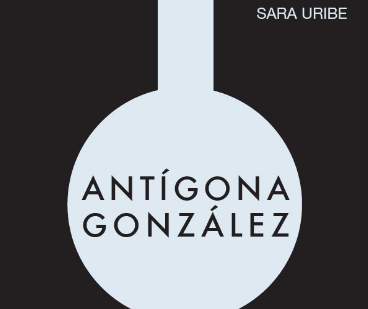“You have to get rid of it,” Tali says, gesturing towards the pigeon’s nest in the flower boxes on the balcony, “otherwise you’ll never be able to hang laundry out there again, not to mention the lice.” “But what to do with the…..” I trailed off delicately, with a glance at my five-year-old daughter, dressed in a pink princess costume and hovering over a piece of angel-food cake covered in cherries. “I know,” says my daughter, looking up from the cake, “you could take the egg and just throw it down and smash it!”
Shocked and relieved in equal measure, as on the first day my daughter had asked for the princess dress and wanted to play Cinderella, only to suggest she be the evil stepmother and I be Cinderella. That day she’d said, “Cinderella! This house is a disaster! Sweep the floor!” Now. I picked up the tiny, white egg, whose shell in the lamplight was so warm and fragile I was certain I could see the bright gold yolk through it. I tenderly placed the egg on a shelf of air, and, unsurprisingly, it fell into the shrubbery one storey below.

